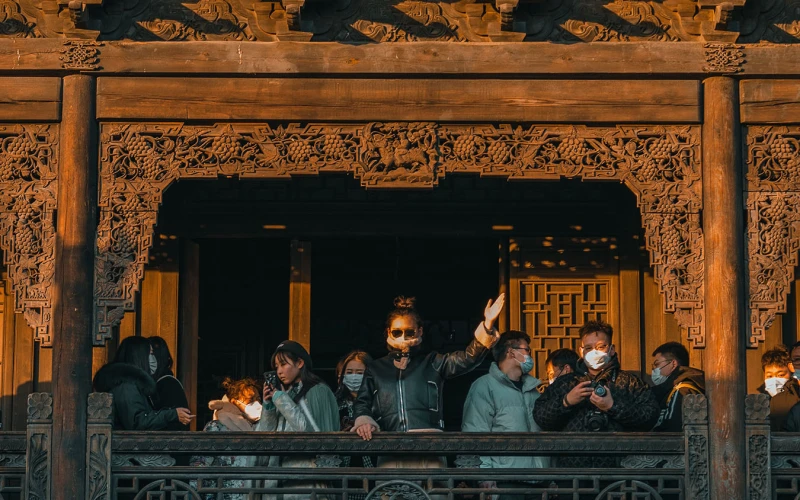
The Power of Cultural Empathy
Imagine stepping into the shoes of someone from a different culture, experiencing their joys and struggles, and gaining a deeper understanding of their unique perspective. This is the essence of cultural empathy - the ability to recognize and appreciate the diverse beliefs, values, and experiences that shape our world. In this article, we'll delve into the transformative power of cultural empathy, exploring how it can foster greater understanding, compassion, and harmony among people from all walks of life.
What is Cultural Empathy?
Cultural empathy is the ability to understand and appreciate the feelings, thoughts, and experiences of individuals from different cultural backgrounds. It goes beyond mere tolerance and involves actively seeking to learn about and connect with people from diverse cultures. By cultivating cultural empathy, we can bridge the gaps between different societies, fostering greater compassion and mutual respect.
For example, by learning about the customs and traditions of a refugee community, you may develop a deeper understanding of their struggles and triumphs, ultimately fostering a greater sense of empathy and connection.
Benefits of Cultural Empathy
- Improved Communication: Cultural empathy can help break down language barriers and foster more effective communication between individuals from different backgrounds.
- Reduced Stereotyping and Prejudice: By fostering understanding and appreciation for diverse cultures, cultural empathy can help counteract negative stereotypes and reduce prejudice.
- Enhanced Global Collaboration: In today's interconnected world, the ability to empathize with others from diverse cultural backgrounds is essential for fostering global collaboration and understanding.
How to Cultivate Cultural Empathy
Developing cultural empathy takes time, effort, and an open mind. Here are some steps to help you on your journey:
- Educate Yourself: Learn about different cultures, their history, beliefs, customs, and values. This will help you gain a deeper understanding of the perspectives and experiences of individuals from these cultures.
- Engage in Cultural Exchange: Participate in cultural events, engage in conversations with people from diverse backgrounds, and travel to experience other cultures firsthand.
- Practice Active Listening: When engaging with someone from a different culture, listen actively and respectfully, without judgment or assumptions.
- Embrace Cultural Differences: Recognize and appreciate the unique aspects of different cultures, rather than trying to impose your own beliefs or values.
Conclusion
Cultural empathy has the power to transform our relationships with others, fostering a more inclusive, compassionate, and harmonious world. By making a conscious effort to understand and appreciate the diverse cultures that shape our global community, we can create a brighter future for all.


















